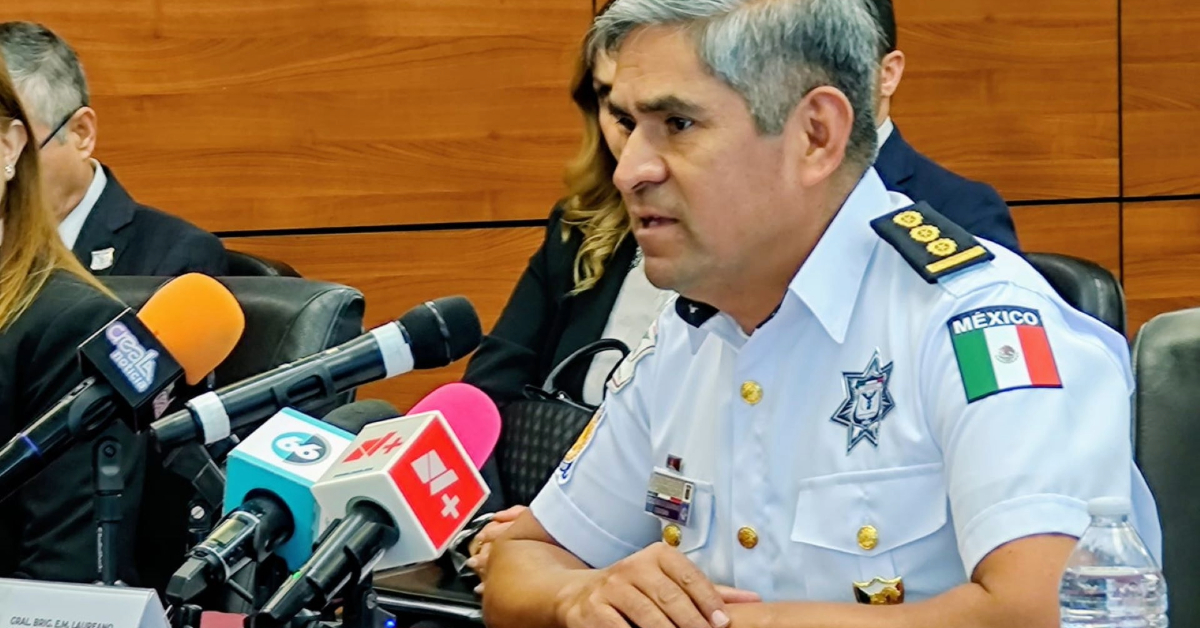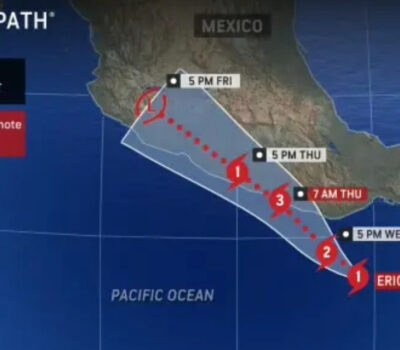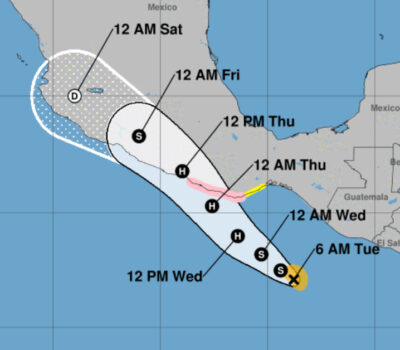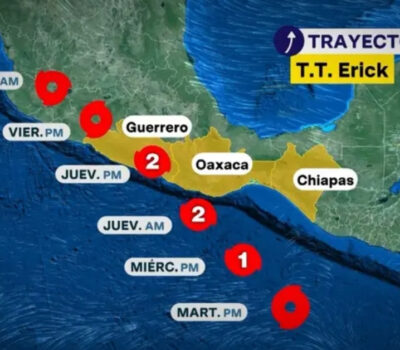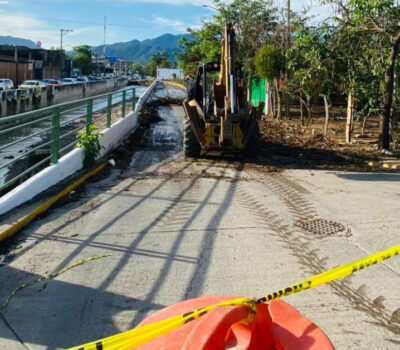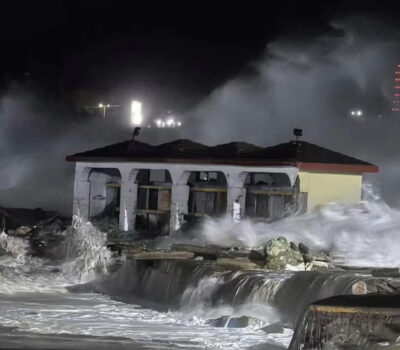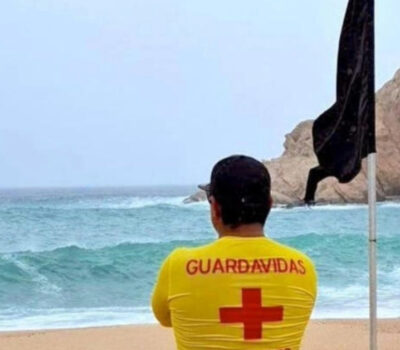Baja California’s top security official revealed that 30% of police officers in the state, including 50% in Playas de Rosarito, failed oversight exams and are unfit for service.
Roughly one in three police officers in Baja California have failed trust and oversight evaluations, according to a public statement made by the state’s Secretary of Citizen Security, General Laureano Carrillo Rodríguez.
During a recent presentation on the progress of the National Security Strategy, General Carrillo acknowledged that 30% of Baja California’s state and municipal police officers—an estimated 2,442 out of 8,139 active personnel—are considered unfit to serve in law enforcement. The primary reason: they failed to meet the standards set by control and confidence exams, which assess psychological stability, honesty, and professional integrity.
“We’re talking about a percentage, albeit a high one; it’s a situation we’re addressing directly with the Municipal Secretaries of Citizen Security to prevent this from happening,” Carrillo said during his presentation.
The issue isn’t limited to one area. According to Carrillo, the problem spans multiple municipalities, but one of the most serious cases is in Playas de Rosarito, where half of the local preventive police force failed the required evaluations. “It’s an extraordinary situation,” Carrillo admitted, emphasizing the urgent need for reform and oversight.
Mexicali in the Spotlight
The state capital, Mexicali, also finds itself under scrutiny—not just for the number of unfit officers, but also for concerns surrounding its police leadership.
Retired military officer Julián Leyzaola Pérez, who currently heads the Municipal Police in Mexicali, has reportedly not submitted to the trust exams himself, despite repeated calls from local government officials and civil society groups for him to do so. Leyzaola, a controversial figure in Mexican policing known for his militarized approach to crime-fighting, has a history of facing both acclaim and allegations of abuse in previous posts in Tijuana and Ciudad Juárez.
Local council members and civic groups are now demanding transparency and accountability, urging Leyzaola to comply with the same standards imposed on the officers he commands.
“It’s an issue of leadership and credibility,” said one city official who asked not to be named. “How can the rank-and-file be expected to pass trust exams when the person at the top hasn’t done so himself?”
Statewide Implications
The numbers released by General Carrillo raise serious questions about the overall integrity of law enforcement in Baja California, a state that continues to grapple with organized crime, corruption, and public mistrust of police institutions. Control and confidence exams are designed as a safeguard, ensuring that officers are mentally and morally fit for duty. The exams are part of a broader national strategy to clean up police forces and restore public confidence.
Failing the exam doesn’t necessarily mean a police officer is immediately removed from duty. Instead, many continue to serve while under review or reassignment, a loophole that critics argue undermines the purpose of the evaluations in the first place.
Carrillo assured that the state government is working closely with municipal authorities to address the issue. However, he did not provide a specific timeline for when the unfit officers might be removed or retrained, nor did he comment on any disciplinary actions for leadership figures who refuse to comply with the requirements.
A System in Need of Reform
Baja California’s revelations are not an isolated incident in Mexico. Nationwide, many municipalities struggle with enforcing rigorous vetting procedures, in part due to staffing shortages and budget constraints. Yet, the case of Baja California, with such a high percentage of officers failing key trust metrics, highlights the urgency of systemic reform.
Public pressure is mounting, especially in communities like Mexicali and Playas de Rosarito, where residents report feeling increasingly unsafe. Without swift and transparent action, confidence in local police institutions may continue to erode.
For now, the state awaits not only the promised reforms but also answers—particularly regarding why senior officials like Julián Leyzaola are seemingly exempt from the very oversight required of those under their command.
Baja California’s top security official revealed that 30% of police officers in the state, including 50% in Playas de Rosarito, failed . . .

